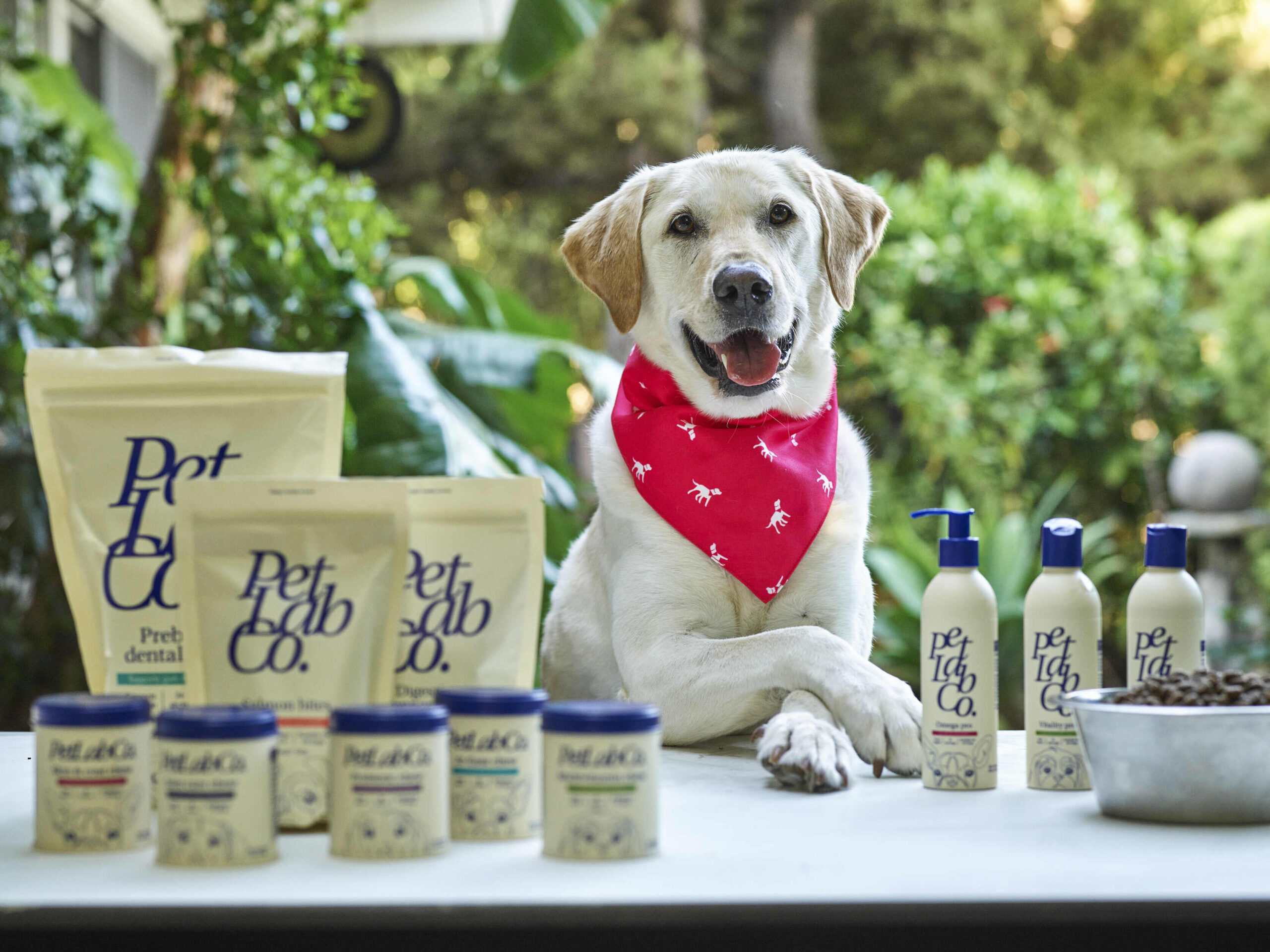Understanding Pet Diagnostic Services Across America with Pro Tips
Understanding Pet Diagnostic Services Across America with Pro Tips
Blog Article
Whether it’s routine blood work or advanced diagnostic panels, veterinary labs deliver the data veterinarians need to make informed decisions.
By the end, you’ll understand how veterinary diagnostics support better outcomes for pets and peace of mind for owners.
Let’s start by understanding exactly what a veterinary laboratory is and why it’s essential in modern animal healthcare.
How Veterinary Diagnostic Labs Work
Just like human medical labs, veterinary labs follow strict protocols to ensure accuracy and reliability.
Larger labs may also offer molecular diagnostics, genetic screening, and advanced pathology services.
In the US, veterinary laboratories can operate as standalone diagnostic centers, be integrated into veterinary hospitals, or work as part of nationwide networks.

What Tests Do Veterinary Labs Offer?
Routine blood tests, such as complete blood counts (CBC) and blood chemistry panels, provide insights into organ function, immune response, and general wellness.
For more specialized diagnostics, veterinary labs offer cytology (examining cells under a microscope), biopsies, hormone level testing (such as thyroid or cortisol), and infectious disease panels.
Whether a veterinarian is confirming diabetes, diagnosing cancer, or screening for zoonotic diseases, a reliable veterinary lab ensures the right data is available for informed decisions.
Locating a Veterinary Laboratory in Your Area
Many vet clinics also have in-house labs for basic tests and refer complex cases to specialized facilities.
Look for labs certified by organizations like the American Association of Veterinary Laboratory Diagnosticians (AAVLD), which ensures high-quality standards.
If you’re a pet owner seeking direct access to a lab for second opinions or advanced testing, contact the lab to understand their intake process—some require referrals, while others accept samples directly.

When to Use a 24-Hour Veterinary Lab
Not all veterinary labs operate the same way.
These labs are often linked to emergency veterinary hospitals and specialize in handling critical cases at any time of day or night.
Balancing speed, cost, and specialization ensures your pet gets the right level of diagnostic support when it matters most.
Why Veterinary Diagnostics Matter for Your Pet’s Health
While physical exams provide valuable insights, they can’t reveal everything—lab tests uncover hidden conditions, confirm clinical suspicions, and track progress over time.
Blood tests, for example, can detect kidney or liver dysfunction early, allowing for interventions that prolong quality of life.
Ultimately, investing in proper veterinary diagnostics is an investment in your pet’s well-being.
Why a Trusted Veterinary Lab Makes All the Difference
In today’s world, ensuring your veja o site pet laboratório de veterinária receives top-quality care means partnering with the right veterinary laboratory.
The combination of expert veterinary care and reliable diagnostics is what keeps pets healthier, longer.
With the right partnerships in place, you’re giving your pet the best possible chance at a happy, healthy life.
Common Questions About Veterinary Labs
Why do vets use diagnostic labs?
A veterinary diagnostic lab analyzes samples from animals (like blood, urine, or tissue) to detect diseases, monitor health, and guide treatment plans.
Are there local veterinary labs for pet testing?
You can also search online directories or check with veterinary associations to find accredited labs in your area.
How do I know if I need an emergency vet lab?
Always consult your emergency vet to determine the best course of action.
What types of tests are done in veterinary labs?
Common tests include blood counts, chemistry panels, hormone levels, infectious disease screening, urinalysis, fecal exams, cytology, biopsies, and genetic testing.
How much do veterinary lab tests cost?
Routine bloodwork may range from $50–$200, while specialized or emergency tests can cost more.
Report this page